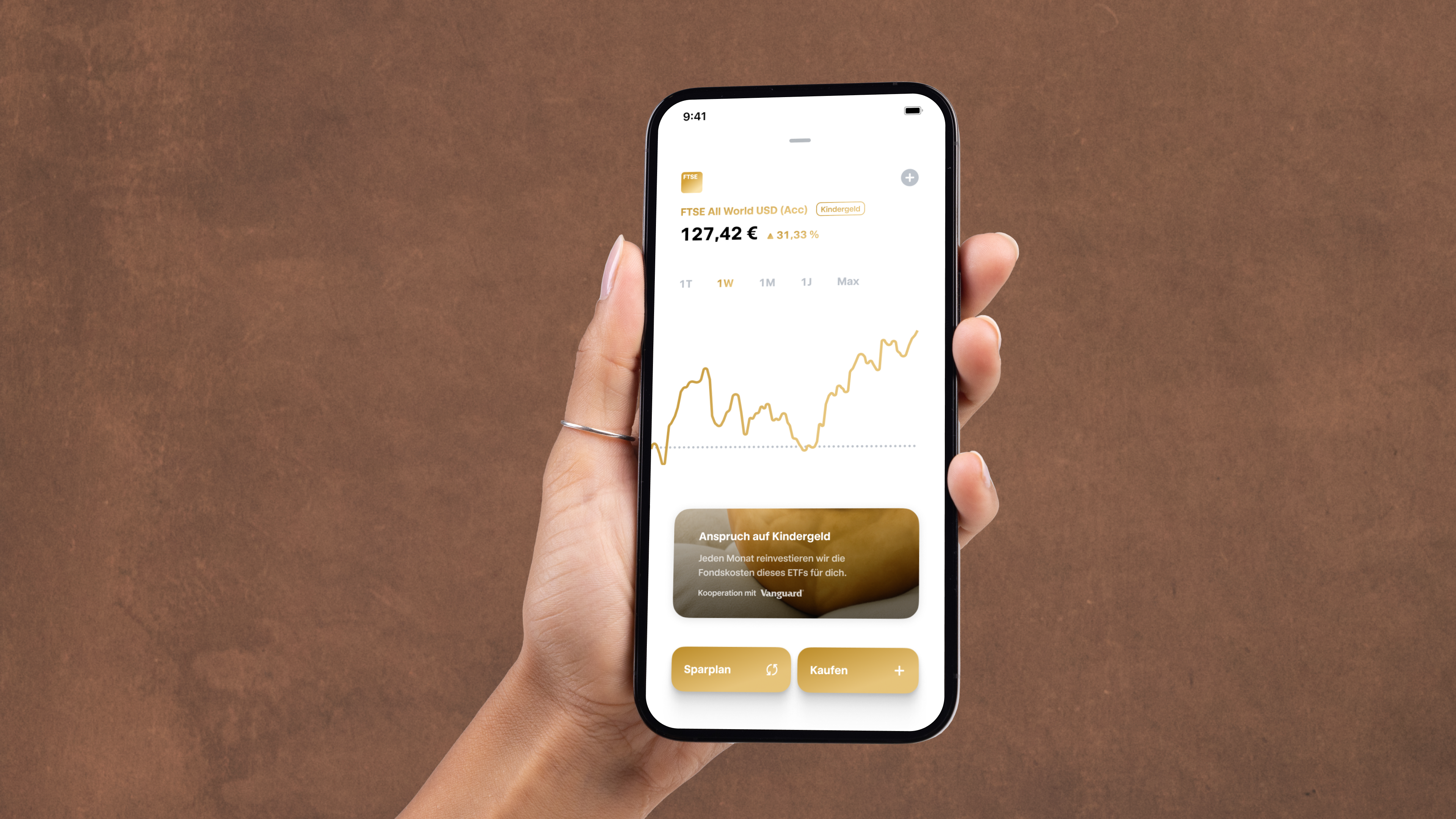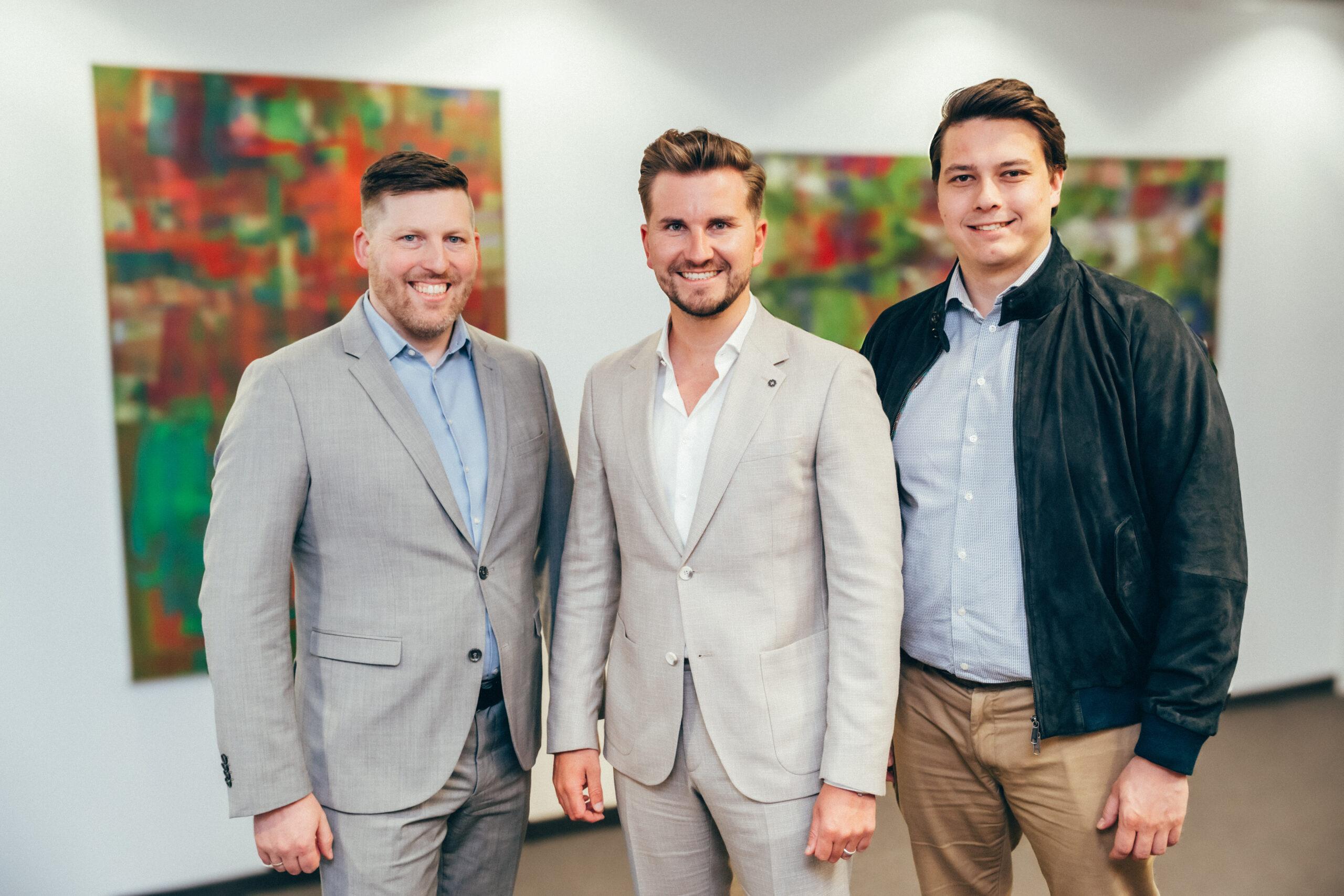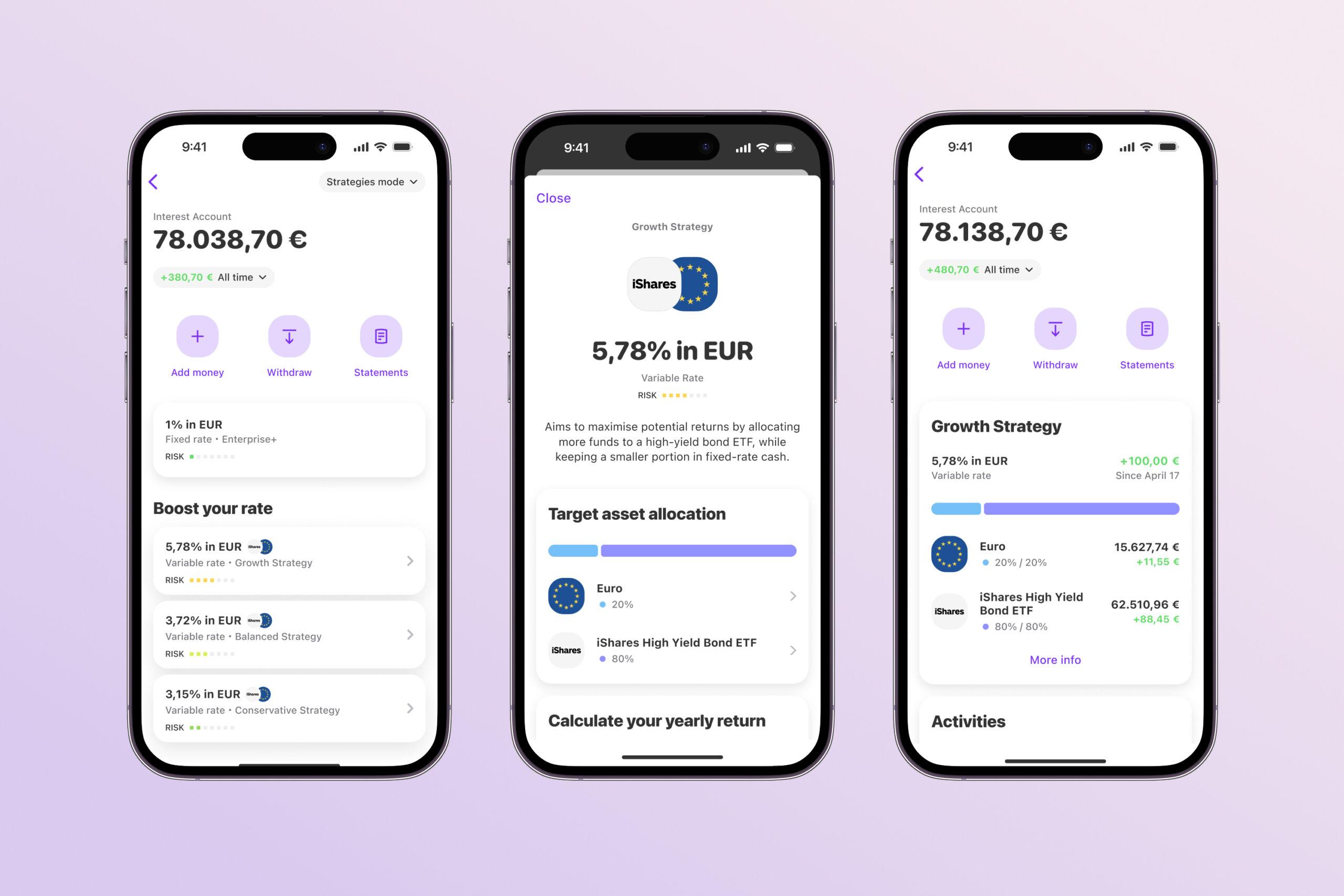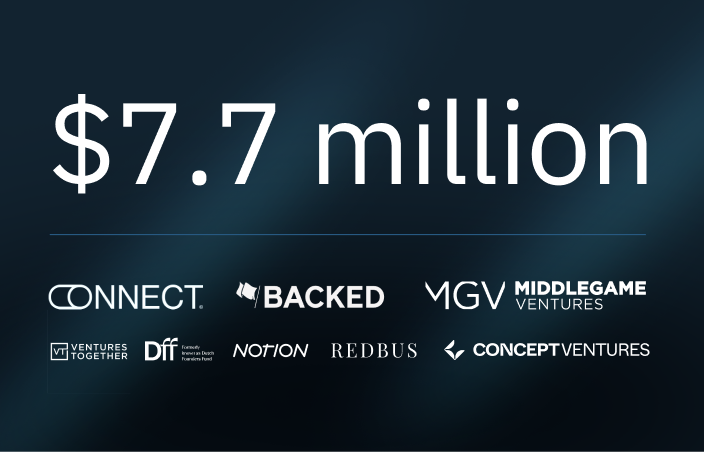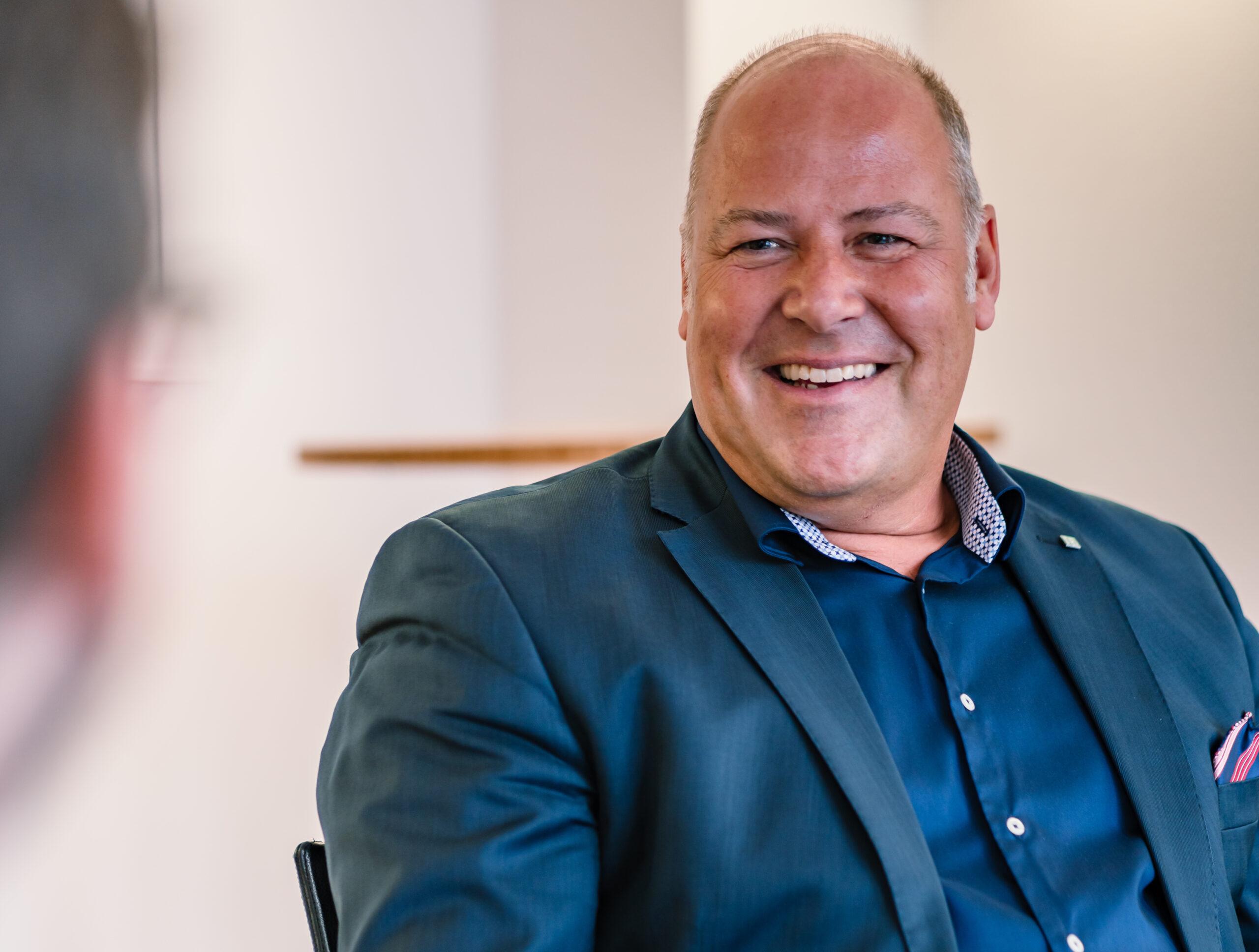"Driving people into this gambling is dangerous"

Capco digital expert Alexander Braun talks about the regulatory crackdown on neobrokers, why rebates are not the problem and what he recommends to fintechs who want to build a sustainable business model.
In the US, neobroker Robinhood has long been in the crossfire of the SEC and various politicians who want to prevent gamification, but also the neobroker's basic business model. In Germany, Trade Republic and Scalable Capital, which are both worth more than one billion euros, are struggling with similar problems. Alexander Braun, Executive Director at the management consultancy Capco, sees a number of problems rolling towards fintechs and blames them for risky and disastrous gambling.
Mr. Braun, discount brokers such as Robinhood, Trade Republic or Scalable Capital earn a lot of money with rebates. What annoys customers about this? Both the EU Commission and the SEC in the USA are currently taking a very close look at some parts of the business model. This includes rebates, i.e. the money that brokers receive from market makers for executing customers' transactions through them. Because neobrokers have hardly any other income, they are particularly dependent on rebates. The accusation is therefore that they systematically provide "small" private investors with worse prices than through regular exchanges. In my opinion, however, there is not much to this. Even today, anyone can have this checked and obviously not much has come of it.
In the USA, Robinhood had to make two large payments precisely because of this. Measured against the total trading volume, these were rather isolated cases. There is no system behind this that favors large hedge funds over small private investors. This theory may sound good, but it does not correspond to reality.
The supervisory authorities are currently taking a very close look at this, both in the USA and in Europe. Is there still a threat of regulatory action? Both supervisory authorities are currently looking at the issue of rebates and the question of whether the business model is in the interests of investors. If they come to the conclusion that it is not, this will jeopardize the neobrokers' current business model. However, this would also affect the established banks and brokers, who also live off rebates, even if they are less dependent on them in percentage terms because they have other sources of income. However, I do not believe that this will happen, but that the dangers for neobrokers lie elsewhere.
I recently received an email from Trade Republic announcing two new features: The first was even more derivatives and the second was the ability to add funds to your deposit account in real time via credit card and ApplePay. That made me think twice that this is probably not in the interest of a sound investment.
Alexander Braun, Capco
What danger is there in your opinion? Reimbursements for risky derivatives or cryptocurrencies are much higher than for shares or ETFs. They account for over half of Robinhood's total income. This creates an economic incentive to sell instruments that are not in the interests of sustainable investment. This development is also to be feared in Germany. I recently received an email from Trade Republic announcing two new features: The first was even more derivatives and the second was the possibility to top up the account for the custody account in real time via credit card and ApplePay. This made me think twice that this is probably not in the interest of a sound investment. After all, trading on credit is certainly the worst thing you can do, and derivatives involve a huge amount of risk. A neobroker can really only recommend this to an investor for one reason: economic interest.
Neobrokers always say that the proportion of investors who trade in risky products is extremely low. Is that true?
We are not yet able to look at the German figures, but the stock exchange prospectus for Robinhood gives an idea of what the figures look like in Germany. In fact, derivatives only account for 2.5 percent of the total value of Portolios, but at Robinhood these 2.5 percent are responsible for a full 38 percent of revenue. 38 percent - there is of course an economic incentive to lure people into precisely such securities. According to Trade Republic, rebates range from three to almost 18 euros, whereby the upper end of this range is certainly attributable to derivatives. There's a big margin in that. Driving people into this kind of gambling is dangerous, especially for young people who quickly burn their fingers or even accumulate debts.
It is too short-sighted of neo-brokers, but also established ones, to grow strongly by selling young people risky products
Alexander Braun, Capco
There has already been a case in the USA where a young person committed suicide because he thought he had lost a lot of money. Do you see the danger of neobrokers driving young people in this direction?* I definitely see the danger, which is also a topic that we recently addressed in a trend study. It was about financial health, which is becoming an increasingly important topic. It is too short-sighted of neo-brokers, but also established ones, to grow strongly by selling risky products to young people. Because if the stock market collapses and prices go down, I fear that we could see more cases like this. That would be fatal and nobody can want that!
What do neobrokers need to do? They need to build much more on a sustainable business model in which they introduce investors to the complex structures through financial literacy and not lure them into individual meme stocks such as Gamestop or cryptocurrencies such as Bitcoin or Dogecoin in the short term. We need more financial health. Of course, the use of these apps is usually based on the usability guiding principle "Don't make me think", but this is fatal when it comes to finance.
If this self-regulation does not take place, the supervisory authority must do it.
Alexander Braun, Capco
You mention the design of the apps, which has often been criticized in the past for its gamification. Will that change?
I think that's the regulators' first starting point - at least in the US, where gamification is much more prominent than in many apps here. Robinhood has already had to remove the confetti cannon that lights up when you've bought something. Even smaller "dark patterns", such as making the "Buy" button larger than the "Cancel purchase" button, will be looked at closely by the regulator and prohibited in case of doubt. Neobrokers can pre-empt this by removing gamification, which demonstrably creates a certain dependency, from securities trading. If this self-regulation does not take place, the supervisory authority will have to do it.
What advice would you give neobrokers in the long term?
So far it hasn't been reflected in the number of users, but if the market collapses, many users will burn their fingers and withdraw from investing in securities. The hype surrounding Dogecoin alone accounts for a third of all crypto income at Robinhood. When that comes to an end, it will have an impact on business. Neobrokers should therefore focus on promoting well-founded investment decisions by their customers rather than on such short-term profits in order to give users the opportunity to build up assets in the long term - not to gamble in the short term. That is not sustainable.
Thank you for the interview.
Personal details: Alexander Braun is a digital expert at Capco, a global management and technology consultancy for banks and financial service providers. He has over 20 years of experience in consulting, specializes in the challenges of digital transformation for corporations and supports companies in developing new digital business models. For years, he has paid particular attention to the German fintech industry.
*Editor's note: We have decided to report on suicides or attempted suicides with restraint, if at all. The reason for our restraint is the high copycat rate after every report on suicides. If you feel affected yourself, please contact the telephone helpline (http://www.telefonseelsorge.de) immediately. Call the free hotline 0800-1110111 or 0800-1110222 to get help from counselors who have been able to show you ways out of difficult situations in many cases.

Newsletter
Startups, stories and stats from the German startup ecosystem straight to your inbox. Subscribe with 2 clicks. Noice.
LinkedIn ConnectFYI: English edition available
Hello my friend, have you been stranded on the German edition of Startbase? At least your browser tells us, that you do not speak German - so maybe you would like to switch to the English edition instead?
FYI: Deutsche Edition verfügbar
Hallo mein Freund, du befindest dich auf der Englischen Edition der Startbase und laut deinem Browser sprichst du eigentlich auch Deutsch. Magst du die Sprache wechseln?









